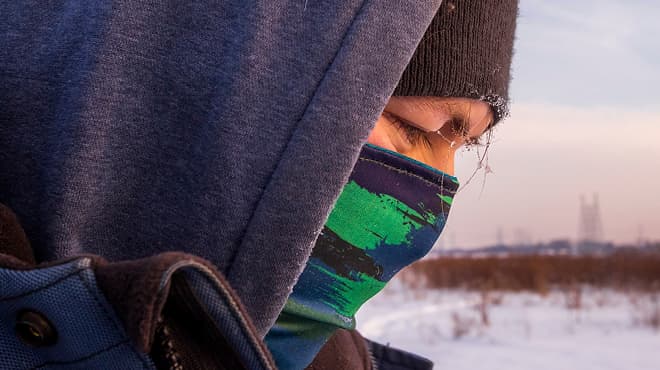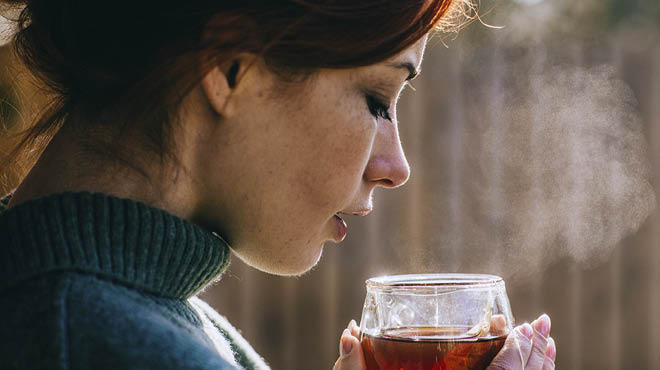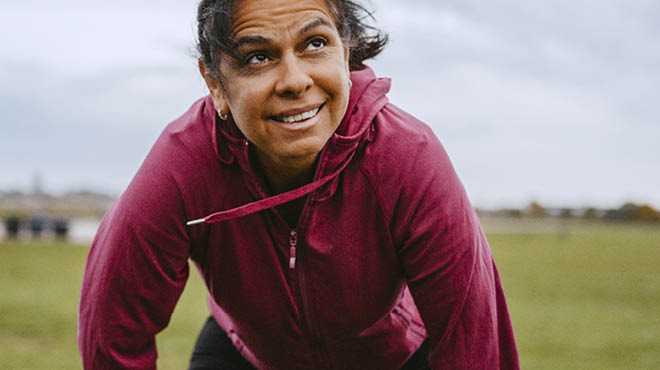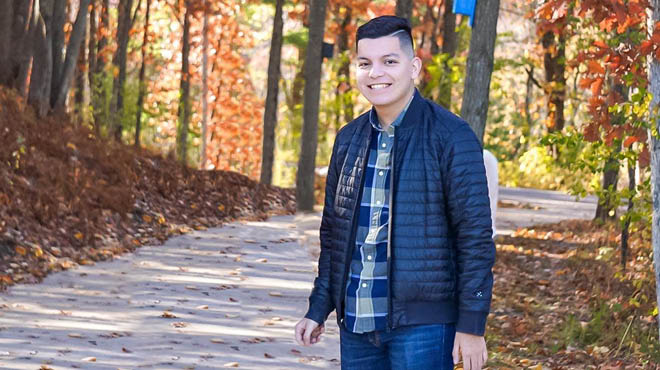Recent Posts
Is the extreme cold bad for your lungs?

Winter weather can impact travel plans when snow falls and temperatures drop to below zero digits. And when you have to be outside in extremely cold temperatures, it's common to experience discomfort or a burning sensation from breathing in those bitter-cold temperatures.
Can freezing temperatures freeze your lungs?
Your body does its best to keep your core temperature between 97 and 99 degrees Fahrenheit, and your lungs are encased within the thoracic cavity. Unless your whole body is at risk, freezing your lungs should not be a risk.
Your body is well-designed to adapt to cold air. There are many mechanisms that allow for warming and humidification of the air before it hits your lungs, where a gas exchange happens. Cold air is generally drier, and your body works to humidify this. In that process, it can cause irritation to the airways, which results in a process called bronchospasm, where those airways narrow and tighten, and you get that feeling of shortness of breath.
How does breathing in cold weather affect those with chronic lung disease?
The extreme cold air can be dangerous for anyone, but the cold can make things worse for those with chronic lung diseases, such as chronic obstructive pulmonary disease, or COPD. With emphysema, for instance, the cold air can cause spasms in the bronchial passage, making breathing more difficult.
People with respiratory disease, whether that's asthma, COPD or other lung diseases, are more prone to aggravated symptoms if facing cold winter conditions. The best thing they can do to protect themselves is to be prepared, whether that's having an extra supply of their inhaler regiment for a few days in case of an emergency or having an emergency generator for their medical equipment, such as ventilators, CPAP machines or oxygen concentrators.
Breathing safely in cold weather
If you have to be outside, follow this breathing advice:
- Breathe in through your nose and exhale through your mouth.
Your nose does a better job at humidifying and warming the air than your mouth. - Wear a ski mask or scarf to wrap around your nose and mouth.
These items can trap some of the heat and moisture from your breath. - Avoid exercising outside.
Breathing heavier during exercise in cold weather can increase symptoms of asthma, COPD or chronic lung conditions.
Aryan Shiari, M.D., is a pulmonologist in Eau Claire, Wisconsin.





